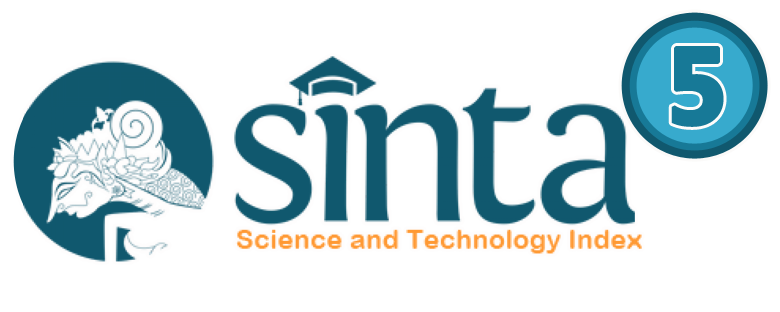INDIVIDUALISM IN THE 1997 ANIMATED FILM ANASTASIA: A LIBERAL FEMINISM PERSPECTIVE
Abstract
This research aims to analyze how Anastasia portrays themes of liberal feminism and individualism. It investigates how the protagonist’s journey embodies feminist ideals of self-discovery, resilience, and the defiance of gender expectations. Grounded in liberal feminist theory, which emphasizes personal autonomy and equality before the law (McMillan, 2009); this study employs qualitative descriptive methods to explore how Anastasia’s narrative reflects these principles. Themes such as identity formation, gender norms, and personal agency are analyzed through the protagonist’s experiences. The analysis reveals that Anastasia challenges traditional gender roles by portraying feminine traits—compassion, resilience, and emotional intelligence—as strengths rather than weaknesses. The protagonist’s journey from orphaned amnesiac to rediscovered princess illustrates themes of empowerment and self-determination within a feminist framework. The film’s depiction of Anastasia’s relationships and challenges underscores the broader feminist discourse on identity and societal expectations. By confronting external pressures and embracing her true self, Anastasia embodies the resilience and agency central to feminist ideals. Through its narrative complexity and thematic depth, Anastasia contributes meaningfully to feminist discourse. It celebrates personal growth; challenges gender stereotypes, and advocates for women’s empowerment. The study concludes with reflections on the enduring relevance of feminist themes in animated media and their impact on audiences.
Full Text:
PDFReferences
Bimer, E. E., & Alemeneh, G. M. (2006). Liberal feminism: Assessing its compatibility and applicability in Ethiopia context. Africa: International Journal of Sociology and Anthropology, 59-60.
Bluth, D., & Goldman, G. (Producers). (1997). Anastasia [Film]. 20th Century Fox Animation Studios.
Braun, V., & Clarke, V. (2006). Using thematic analysis in psychology. Qualitative Research in Psychology, 3(2), 77-101. https://doi.org/10.1191/1478088706qp063oa
Creswell, J. W. (2013). Qualitative inquiry and research design: Choosing among five approaches (3rd ed.). SAGE Publications.
Delmar, R. (2018). What is feminism? In Theorizing feminism (pp. 5-28). London: Routledge.
Giddens, A. (2001). Sociology: Introductory reading. Oxford: Polity Press.
Lambert, V. A., & Lambert, C. E. (2012). Qualitative descriptive research: An acceptable design. Pacific Rim International Journal of Nursing Research, 16(4), 255-256.
Luhmann, N., Thomas, H., & Sosna, M. (1986). The individuality of the individual: Historical meanings and contemporary problems. In Reconstructing individualism – Autonomy, individuality and the self in Western thought (pp. xxx-xxx). Stanford University Press.
McAfee, E. (Ed.). (2021). Feminist philosophy. Stanford Encyclopedia of Philosophy. Retrieved from https://plato.stanford.edu/archives/win2021/entries/feminism/
McMillan, A., & McLean, I. (2009). Liberalism. In Concise Oxford dictionary of politics (3rd ed., p. xxx). Oxford University Press.
Merriam, S. B., & Tisdell, E. J. (2015). Qualitative research: A guide to design and implementation (4th ed.). Jossey-Bass.
Patrice, K. (2020, November 16). Anastasia is now on Disney Plus and 90s kids are freaking: The best tweets. Film Daily. Retrieved from https://filmdaily.co/news/anastasia-disney-memes/
Schwartzman, L. H. (2006). Challenging liberalism: Feminism as political critique. Pennsylvania State University Press.
Soares, C. (2018). The philosophy of individualism: A critical perspective. International Journal of Philosophy and Social Values, 1(1), 11-34.
Weber, M. (1967). The Protestant ethic and the spirit of capitalism. Allen & Unwin.
Yin, R. K. (2014). Case study research: Design and methods (5th ed.). SAGE Publications.
DOI: https://doi.org/10.36269/sigeh.v4i2.2605
Refbacks
- There are currently no refbacks.

This work is licensed under a Creative Commons Attribution-ShareAlike 4.0 International License.
ISSN ONLINE: 2775-8834




1.png)










